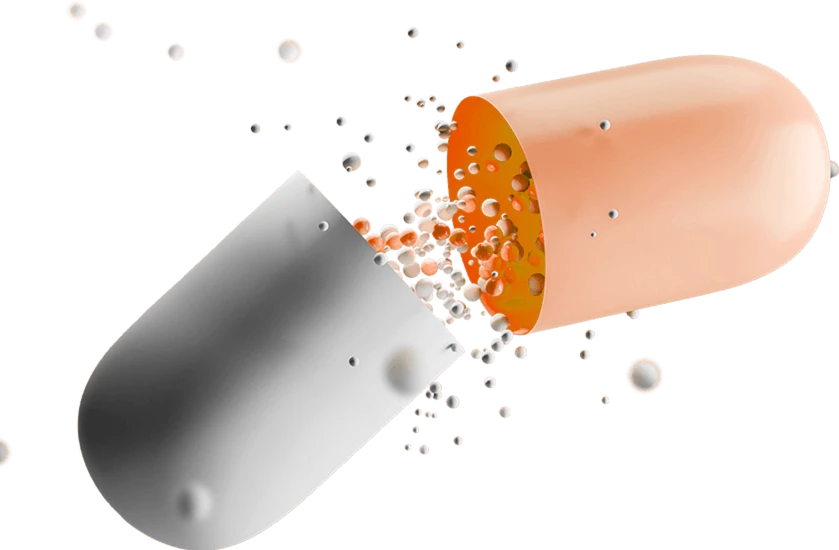- Afrikaans
- Albanian
- Amharic
- Arabic
- Armenian
- Azerbaijani
- Basque
- Belarusian
- Bengali
- Bosnian
- Bulgarian
- Catalan
- Cebuano
- Corsican
- Croatian
- Czech
- Danish
- Dutch
- English
- Esperanto
- Estonian
- Finnish
- French
- Frisian
- Galician
- Georgian
- German
- Greek
- Gujarati
- Haitian Creole
- hausa
- hawaiian
- Hebrew
- Hindi
- Miao
- Hungarian
- Icelandic
- igbo
- Indonesian
- irish
- Italian
- Japanese
- Javanese
- Kannada
- kazakh
- Khmer
- Rwandese
- Korean
- Kurdish
- Kyrgyz
- Lao
- Latin
- Latvian
- Lithuanian
- Luxembourgish
- Macedonian
- Malgashi
- Malay
- Malayalam
- Maltese
- Maori
- Marathi
- Mongolian
- Myanmar
- Nepali
- Norwegian
- Norwegian
- Occitan
- Pashto
- Persian
- Polish
- Portuguese
- Punjabi
- Romanian
- Russian
- Samoan
- Scottish Gaelic
- Serbian
- Sesotho
- Shona
- Sindhi
- Sinhala
- Slovak
- Slovenian
- Somali
- Spanish
- Sundanese
- Swahili
- Swedish
- Tagalog
- Tajik
- Tamil
- Tatar
- Telugu
- Thai
- Turkish
- Turkmen
- Ukrainian
- Urdu
- Uighur
- Uzbek
- Vietnamese
- Welsh
- Bantu
- Yiddish
- Yoruba
- Zulu
Nov . 06, 2024 09:26 Back to list
Dosage Guidelines for Ivermectin and Albendazole Oral Suspension in Treatment Regimens
Dosage Guidelines for Ivermectin and Albendazole Oral Suspension
Ivermectin and albendazole are two powerful antiparasitic medications that are widely used to treat various parasitic infections. While both drugs are effective in their own right, they are sometimes administered together to enhance their therapeutic effects, particularly in cases where multiple types of parasites are involved. Understanding the correct dosage of these medications is crucial for ensuring their efficacy while minimizing the risk of side effects.
Overview of Ivermectin and Albendazole
Ivermectin is commonly used to treat infections caused by roundworms and ectoparasites such as lice and scabies. It works by disrupting the nervous system and muscle function of parasites, eventually leading to their death. Albendazole, on the other hand, is a broad-spectrum anthelmintic that is effective against a variety of intestinal worms, including tapeworms, pinworms, and hookworms. It achieves this by inhibiting the polymerization of tubulin, which is essential for the function of the parasite's microtubules.
Both medications are well-tolerated, but like all medications, they can cause side effects. These can range from mild gastrointestinal disturbances to more severe allergic reactions. It is essential to adhere to the recommended dosages to mitigate these risks.
Recommended Dosage for Ivermectin
The dosage of ivermectin depends on the type of infection being treated, the patient’s weight, and medical history. For the treatment of onchocerciasis, the standard dosage is 150 micrograms per kilogram of body weight (mcg/kg), administered as a single dose. For lymphatic filariasis, a single dose of 200 mcg/kg is the norm. In cases of scabies, the recommended dosage is similar, with a single dose expected to suffice, though sometimes a repeat dose after one to two weeks may be required.
For safety, it is crucial that ivermectin is taken on an empty stomach with water. This enhances absorption and effectiveness. Dosage adjustments may be necessary for patients with liver disease or other contraindications, emphasizing the importance of consultation with a healthcare professional before starting treatment.
Recommended Dosage for Albendazole
ivermectin and albendazole oral suspension dosage

Albendazole, too, has specific dosage guidelines that vary based on the type of infection. The recommended dosage for the treatment of pinworms is a single dose of 400 mg for adults and children over the age of two. For other intestinal worm infections, doses of 400 mg are typically utilized once or twice daily for several days, depending on the severity of the infection. In cases of hydatid disease, higher doses may be prescribed, generally up to 800 mg daily divided into two doses.
Albendazole can be taken with or without food, but taking it with fatty foods may enhance its absorption. Care must be taken to ensure that children receive the appropriate doses based on their weight, and that the medication is provided in a suspension form for easier administration if necessary.
Combining Ivermectin and Albendazole
When administered together, the dosages of ivermectin and albendazole remain the same as when they are given individually, based on the conditions being treated. Healthcare providers may recommend this combination for cases such as strongyloidiasis, lymphatic filariasis, and other mixed parasitic infections. Studies have shown that the combination therapy can offer a synergistic effect, leading to improved outcomes.
Safety and Monitoring
While the co-administration of ivermectin and albendazole can be effective, it is vital to monitor patients for potential side effects. Common adverse reactions may include nausea, vomiting, dizziness, and headache. In some cases, patients may experience more serious effects related to allergic reactions or neurotoxicity, particularly if treated for strongyloidiasis.
Patients should be advised to report any unusual symptoms promptly. Special care should be taken in pregnant or breastfeeding women, as well as in individuals with underlying health conditions, particularly those affecting the liver or kidney function.
Conclusion
In conclusion, understanding the proper dosages of ivermectin and albendazole oral suspension is essential for effective treatment of parasitic infections. Adhering to these guidelines ensures that patients receive the maximum benefit from their medications while minimizing potential risks. As with all medications, patients should seek guidance from healthcare professionals to tailor treatment plans to their individual needs, ensuring both safety and efficacy in the fight against parasitic diseases.
-
Guide to Oxytetracycline Injection
NewsMar.27,2025
-
Guide to Colistin Sulphate
NewsMar.27,2025
-
Gentamicin Sulfate: Uses, Price, And Key Information
NewsMar.27,2025
-
Enrofloxacin Injection: Uses, Price, And Supplier Information
NewsMar.27,2025
-
Dexamethasone Sodium Phosphate Injection: Uses, Price, And Key Information
NewsMar.27,2025
-
Albendazole Tablet: Uses, Dosage, Cost, And Key Information
NewsMar.27,2025













